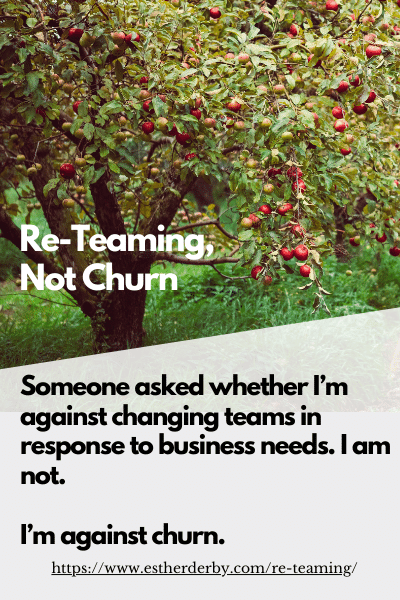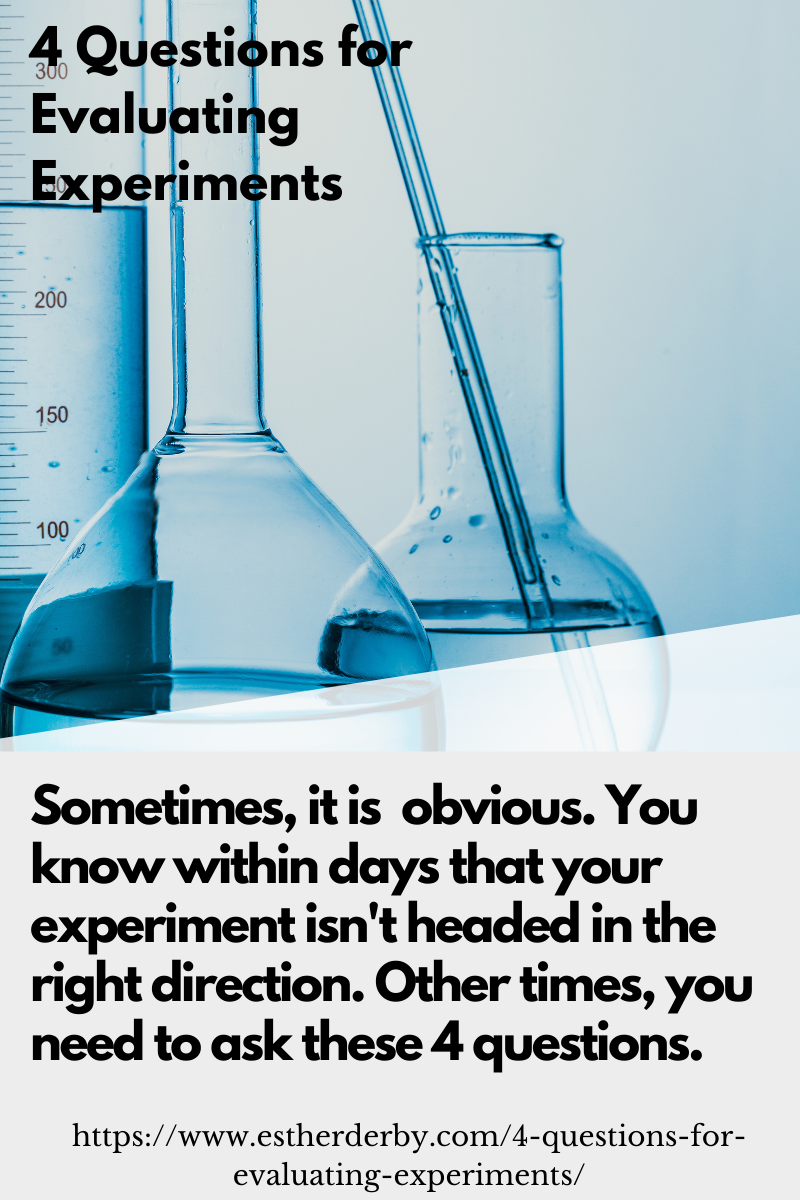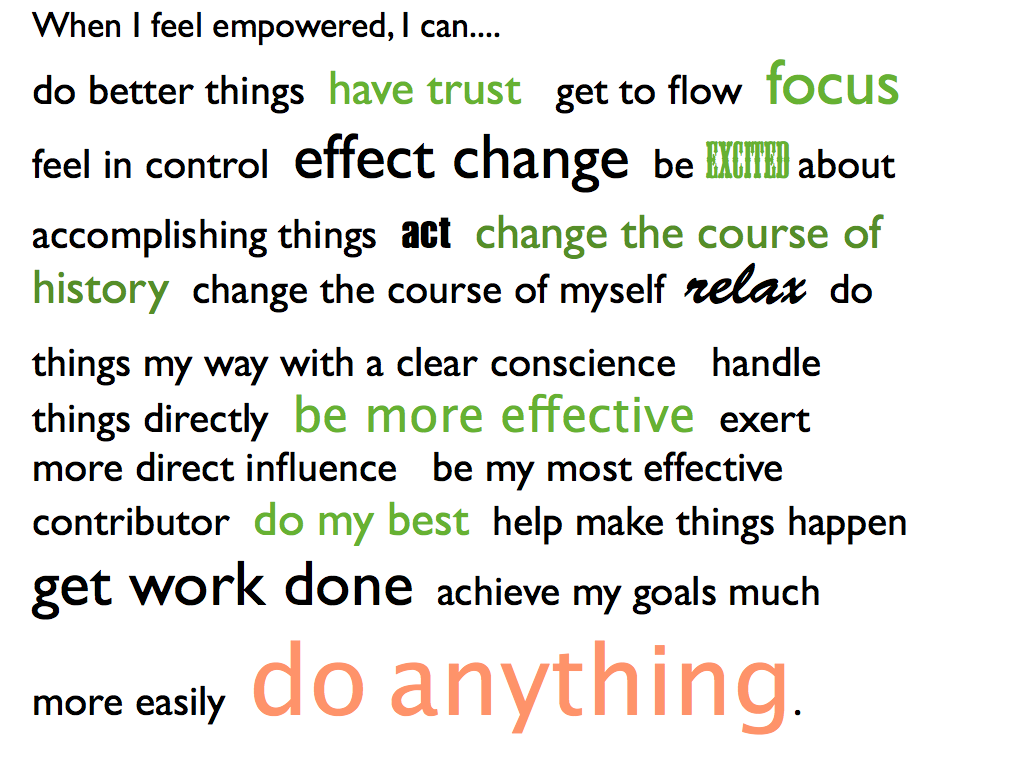In an online forum, someone declared that feedback between peers must be anonymous. He asserted people won’t be honest without anonymity. However, I have found it is possible to be honest and not anonymous. Further, anonymous feedback backfires in number of ways.
Unhelpful Judgements
People may veer into judgement when they hide behind anonymity. Judgement is about character, not behavior. It doesn’t provide the information people need to change. An anonymous zinger only hurts.

Vague Comments
Nor does a value statement such as, “you don’t pull your weight” or “you’re stingy with information.” Unless feedback is specific, the receiver may not recognize–or remember–what the feedback refers to. With anonymous feedback, there’s no way to follow up and clarify. No way to ask for examples or understand impact. Furthermore, there’s no opportunity to negotiate a better way to work together, or make amends, if that’s what is called for.
Guessing Games
When faced with anonymous feedback, people guess. This is especially true with critical or judgmental statement. Or when the feedback conflicts with the receiver’s self-perception. Unfortunately, people often guess wrong. That distorts and damages relationships.
Eroding Trust
Anonymous feedback erodes both interpersonal trust and group safety. A person may wonder, “If he had a problem with me, why didn’t he tell me…” Based on guesses, trust goes down. So does safety. People become more cautious. They engage in protective behavior and hide mistakes. Anonymity may provide safety for the giver, but costs the group.
The Exception
As with everything, there’s an exception to my advice in favor of direct peer-to-peer feedback. There are people who do no receive feedback well They may retaliate in subtle and overt ways. It is also not reasonable to expect employees to handle feedback situations that involve any form of harassment or ethical matters on their own. Such situations require support from management and HR for both safety and legal reasons.
In sum..
Often, people worry direct feedback will damage relationships. In my experience, the opposite is more likely. Honest, congruent person-to-person feedback can actually strengthen relationships. Done well, it communicates commitment to the relationship. If you didn’t care, you wouldn’t take the risk. Offering feedback well does require thought and skill. But it is worth the effort to learn how to offer direct feedback. In the long run a culture of feedback and honesty contributes to a more resilient, and humane culture.
Updated 2020.








Acknowledged. And how do you suggest to deal with a situation where the one asking for feedback is not trusted among the people giving feedback out of fear that sHe turns your feedback against you?
You can decline a request. (Which might be perceived as information by the person requesting, it they see a pattern.)
Or you could offer a small, non-risky observation, and see what happens.
Pass through a “safe” middle person sworn to confidentiality?
For safety-critical reporting optional confidentiality is the standard & it works pretty well.
Anonymous feedback processes enable independence of inputs and also enable unlikely inputs from stakeholders who feel ignored … a good example is the “space shuttle case study” years ago (there are many newer industry examples of course but still controversial so pointless to cite without getting sidetracked.) Unfortunately, it seems impossible to get independent inputs about most items that matter to people on a project, usually flocking, that is why games like simultaneous planning poker exist, right? (so nobody knows in advance what others will say.) Anyways, another “device” that works sometimes is anonymous “elections” including comments – many consultants informally use, some use it as part of their public process – how can you get independent opinions without including anonymous processes? (edited)
I can see where this would be useful for project level, ethics violations, and so forth.
I was writing more about peer-to-peer feedback about work and working relationships.